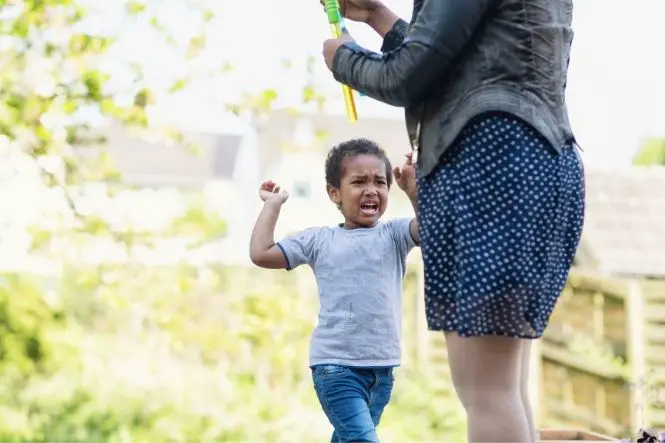Bedwetting can be baffling to parents but embarrassing for children, so many families struggle through years of bedwetting before asking for further information or advice. Parents coping with a child who wets the bed should read on for answers to some frequently asked questions regarding bed wetting.
Table of Contents
How Common is Bedwetting in Children?
Bedwetting is probably more common than most parents think. It is estimated that up to 20% of six year olds and approximately 5% of 14 year olds wet their beds. Sometimes bedwetting also continues into adulthood. Though it is not completely understood, bedwetting is also three times more likely to be done by boys than girls. Children with Behavioural Disorders and learning disabilities are also more likely to be bedwetters than those without.
Is Bedwetting an Inherited Condition?
Bedwetting is believed to be an inherited condition, but it is not necessarily inherited directly from a parent. If children have a grandparent, aunt or uncle with a history of bedwetting, they may become a bedwetter, too. However, children will not always engage in bedwetting simply because a family member was a bedwetter.
What Causes Bedwetting in Children?
Researchers believe that there are two primary causes of bedwetting in children. One cause is an Immature Bladder, or a bladder that truly can not hold out through the night. Associated with this might also be a misfiring of the bladder’s message to the brain that the bladder is full and needs to be emptied. The other cause is thought to be very deep sleep. It is believed that some children sleep so deeply that their brain does not pick up on the bladder’s signal that it is full, and thus the child misses the cue to wake and use the toilet.
Does Bedwetting Affect a Child?
Bedwetting can adversely affect a child’s self-esteem and self-image. Often children will decline invitations to sleepovers for fear of bedwetting, and they may feel like failures when they must wake up a parent to tell them that they have wet their beds. Children are also acutely aware of others’ feelings towards bedwetting, so parents should take care not to tell children that they are flawed or are frustrating. Instead, parents should be supportive and proactive in helping their children overcome bedwetting.
Is There Anything that Parents Can Do to Help Alleviate Bedwetting?
There is much that parents can do to help their child with bedwetting. Some options include:
- Limiting fluids after dinner.
- Making a trip to the bathroom a part of the child’s bedtime routine.
- Leaving a nightlight on so that the child can get to the bathroom as needed.
- Laying out a fresh pair of pyjamas in case an accident does happen.
- Seeking advice from a GP if the child is older than seven years of age and wets the bed frequently.
Bedwetting is a relatively common childhood occurrence that neither children nor parents should feel embarrassed about. Bedwetting needn’t ruin a child’s social life or self-esteem, and instead will hopefully be overcome with a concerted family effort.



